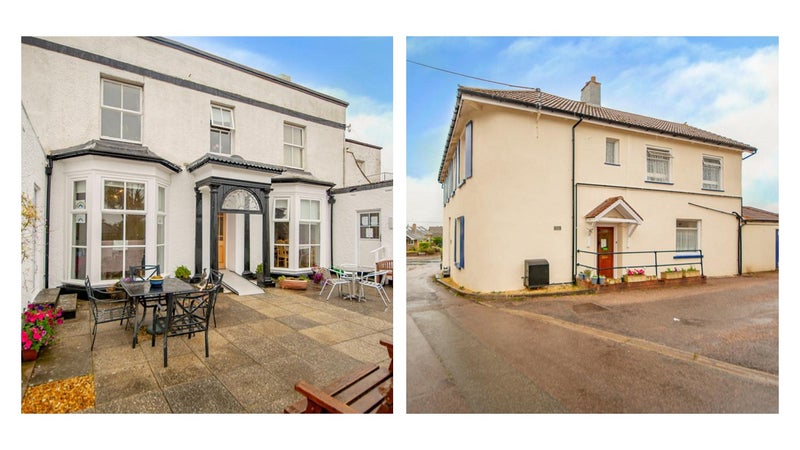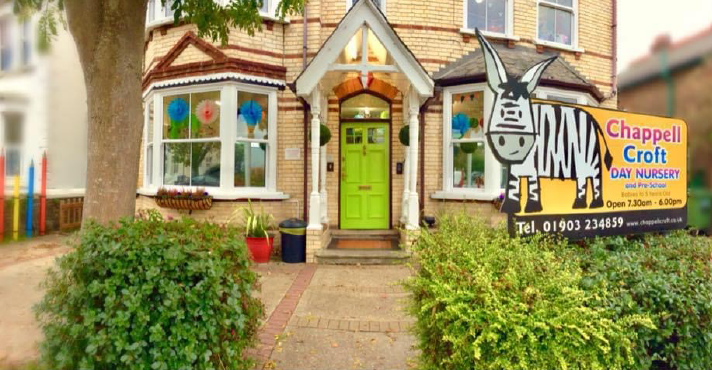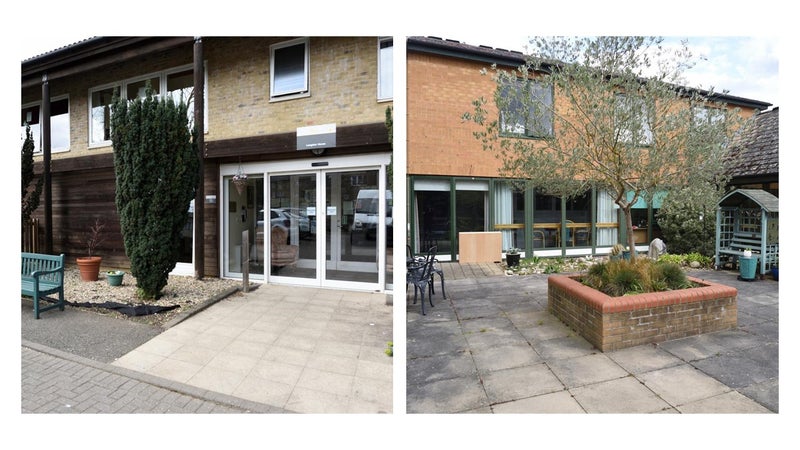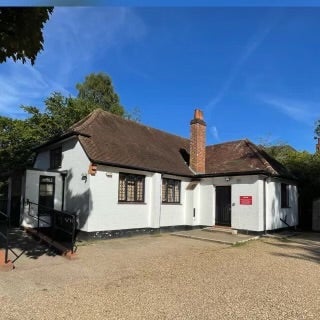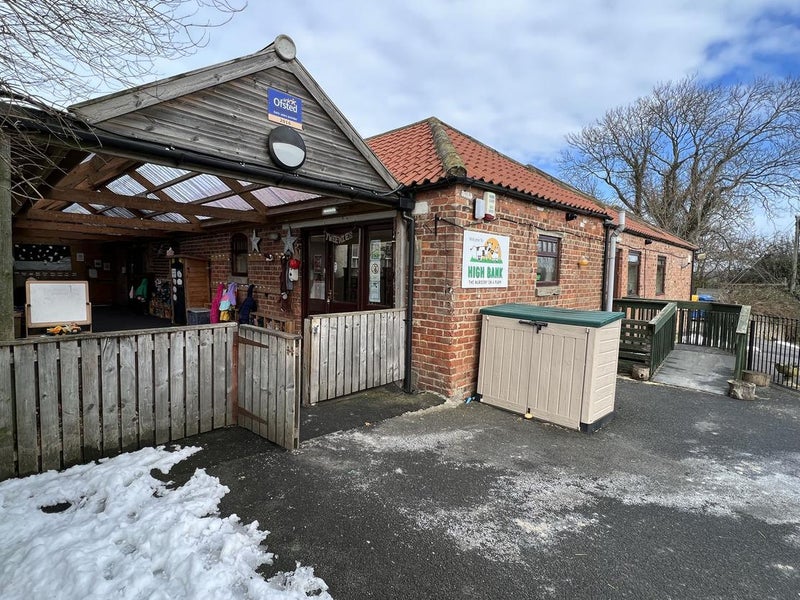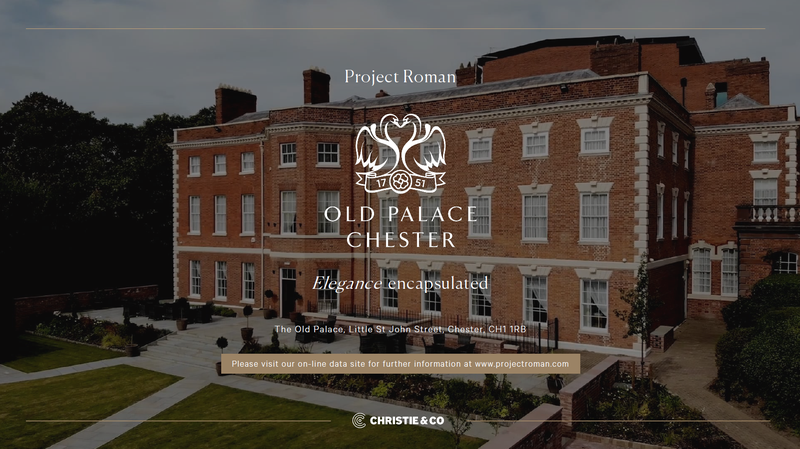Christie & Co launch German hotel market review
Ahead of this year’s International Hotel Investment Forum in Berlin, specialist business property adviser Christie & Co has published an overview of the German hotel market, analysing six key cities – Berlin, Munich, Frankfurt, Hamburg, Cologne and Dusseldorf.
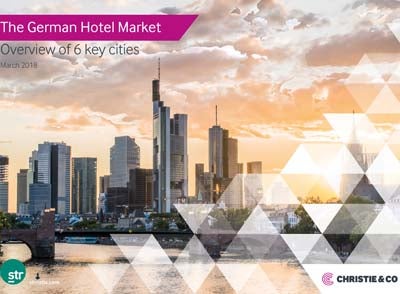
The report, which references performance data provided by STR. reveals that while performance of the individual markets may differ, as a whole the German hotel market is still prospering. For the eighth consecutive year we have seen an increase in overnights registered in 2017 than in previous years. RevPAR increased by 3% and was fuelled by both occupancy and ARR growth. The top German cities have become expensive terrain and both operators and investors have started to feel comfortable with secondary and even tertiary locations.
With more than 500 properties, the hotel market of Germany’s capital Berlin is by far the largest in the country. While the number of properties has not changed much over the years, the number of rooms has increased by more than 9%. Several hundred rooms are expected to come online in 2018, most of which will be in the Budget & Premium Economy segments. Between 2013 and 2017, arrivals and overnights have grown by 3.6% p.a. Visitors typically spend 2.3 days in the capital – longer than in any of the other analysed cities. The Air Berlin insolvency somewhat tamed Berlin’s growth in 2017, but the year still ended with a positive RevPAR growth of 2% to €74 and an increased ARR (€96; +2.3%).
The positive fundamentals of the Munich hotel market are demonstrated by demand growth outpacing supply growth. Since 2013, arrivals and overnights have grown by 26.4% and 24.7% respectively. Foreign guests made up about half of all overnights, with the most important feeder markets being the USA, the Arab states of the Persian Gulf and the United Kingdom. Since 2013, the number of hotels and B&Bs has grown by 1.5% p.a. and 65% of all guest rooms are branded. The pipeline remains full, with over 2,000 rooms to be added in both 2018 and 2019. The new supply is not responsible for the negative performance, as occupancy dropped by just 0.4%. The reason for the decline in RevPAR (€93; -4.2%) was the low performance of March, April and June due to the lack of rotating fairs.
Frankfurt’s hotel market shows an above average performance growth with a RevPAR increase of 4.2% to €85, fuelled by an increase in ARR by 3.1% to €123. The number of hotels and B&Bs has grown by 0.8% in total since 2013, while the number of beds increased by 20.6%, indicating the opening of few but large hotels. With 400+ rooms each, the largest additions to supply in 2018 will include the Motel One Kornmarkt Arkaden and the Steigenberger at the central station. Arrivals and overnights have grown by 24.6% and 26.4% over the last five years. Typical for a business destination, the average length of stay is relatively short at c. 1.7 days.
The success story is continuing for Hamburg‘s hotel market. Hamburg was not only the best occupied city (80%) in 2017, with rate increases of almost 7%, it also achieved the highest RevPAR of the top six cities with €95. The main performance boosters were the opening of the much awaited Elbphilharmonie concert hall as well as the G20 summit, which resulted in strong ARR increases. Since 2013, the number of hotels and B&Bs has grown by 9.2% and the number of beds by 16.6%, which equals almost 30 hotels and more than 8,000 rooms. In the same period the arrivals and overnights increased by 14% and 18%.
With RevPAR growth beyond 11% to €86, Cologne has outperformed the other analysed cities by far. The main reasons for the strong growth have been the countless fairs in the city with increasing visitation facing limited supply. In the last five years, arrivals and overnights have grown by 21% and 23%. As a popular congress and fair destination, Cologne displays a typical seasonality pattern with demand peaks in spring and autumn. Since 2013, the number of hotels and B&Bs have grown by 3.4% and the number of beds by 13.3%. The average number of beds in hotels increased from 112 in 2013 to 122 in 2017.
With more beds and fewer hotels, the same structural change occurring in Cologne can be observed in Dusseldorf. As such, the number of hotels and B&Bs declined by 2.8%, while bed supply grew by 7.5% in the same period. The short-term pipeline is medium and expected openings in 2018 include, amongst others, the Ruby Coco and the 25hours Hotel Das Tour. Being a MICE-driven destination, Dusseldorf reacts very sensitively to a lack of congresses and fairs. The year ended with a decline in RevPAR (€83; -1.2%) caused by a lower ARR (€118; -2.4%). Only the occupancy increased, growing by 1.2% to 70%.
According to Christie & Co, the German hotel market is flourishing. All key performance numbers increased, while at the same time inflation returned and reached 1.8%, which is almost on track with the European Central Bank’s 2% target. It remains to be seen whether increasing inflation will slowly take the pressure off the German hotel investment market.
Lukas Hochedlinger, Managing Director Central & Northern Europe at Christie & Co comments: “To date, both national and international investors’ and brands’ interest in the market remains strong. This has resulted in record-low yields and large supply waves. The pipelines are still full and new concepts have also been announced, including the founders of Meininger launching “Schulz Hostels” later this year in Berlin. There are new brands, new concepts and a lot motion in the German hotel market, which will make the next few years interesting.”
Patrik Hug, Senior Consultant Advisory & Valuation Services, confirms: “Operators and investors have started to feel comfortable with secondary and tertiary locations, a prime example being Novum Hospitality with its “niu” brand, which it announced a year ago. With 40 properties signed one year later, the chain was not shy signing contracts in secondary cities and suburbs and other brands, especially international hotel groups, have acted less boldly.”


